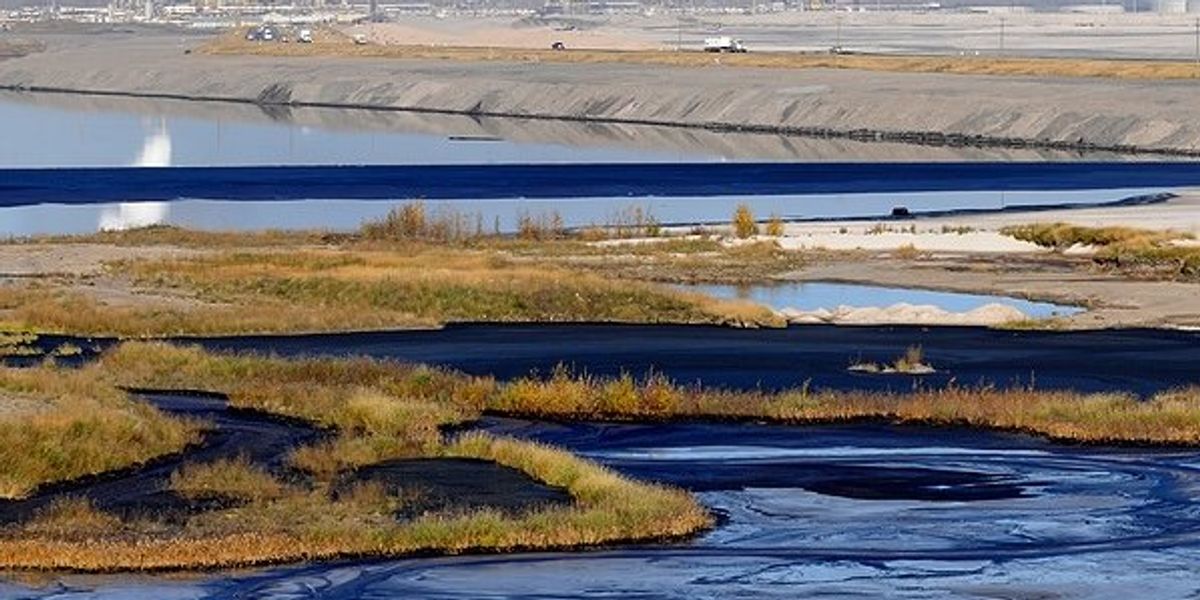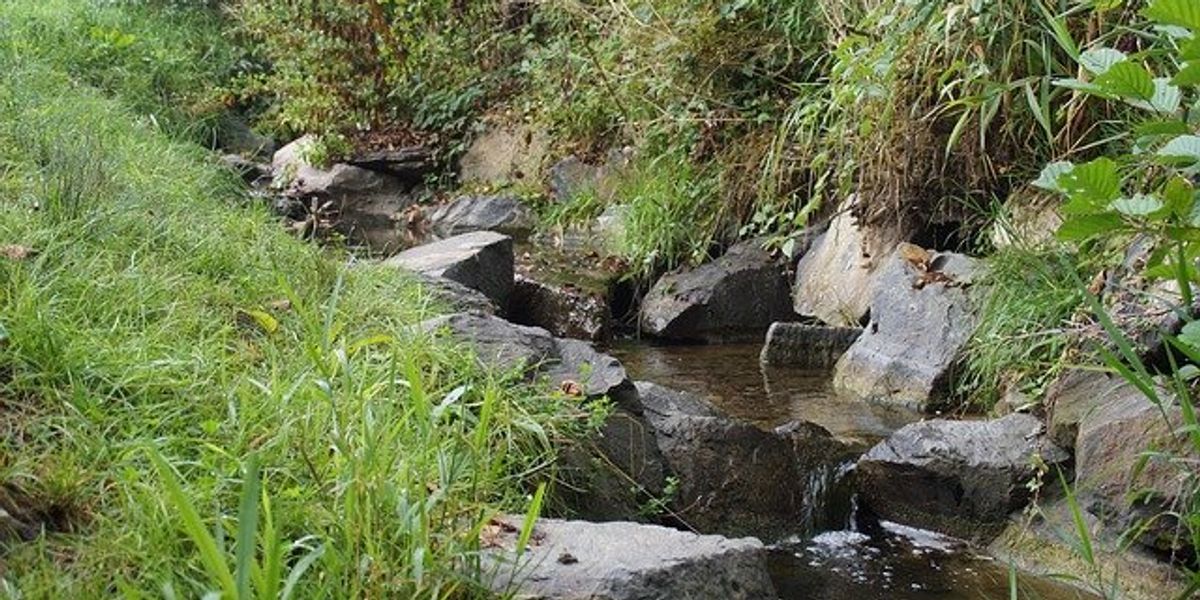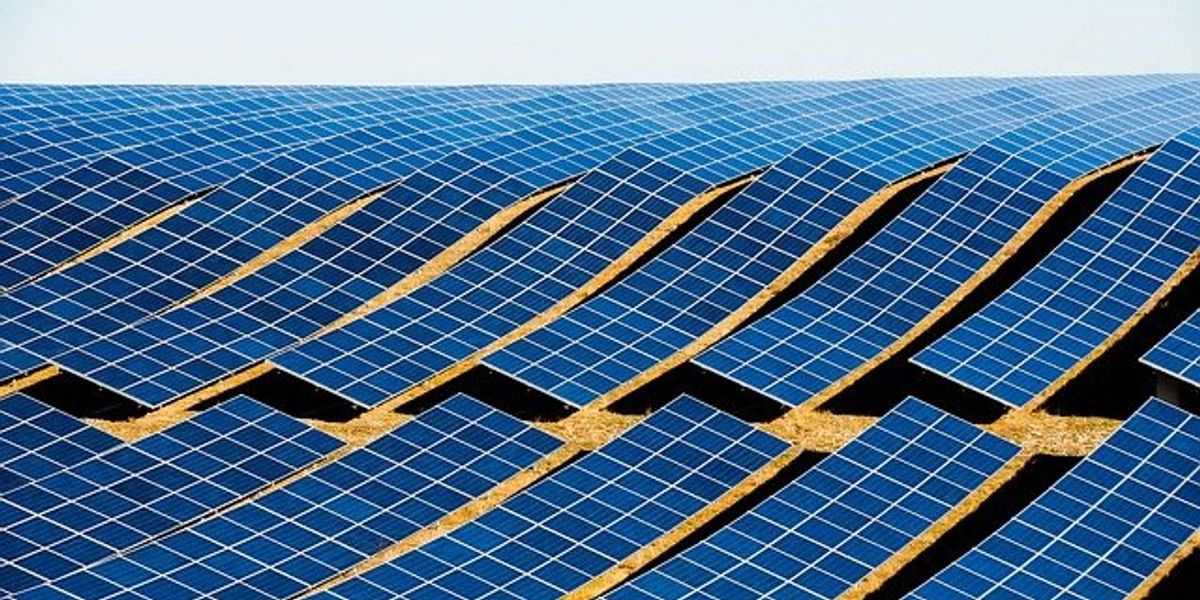factory farming
Examining Tim Walz's agricultural ties, climate record
Minnesota Gov. Tim Walz, chosen by Kamala Harris as her vice-presidential running mate, faces scrutiny over his climate policies despite strong agricultural ties.
In short:
- Gov. Tim Walz's agricultural policies have earned him praise from climate advocates, but his support for ethanol and factory farming raises environmental concerns.
- Walz's legislative work, including the SOIL Stewardship Act, highlights his efforts to promote sustainable farming by improving soil health and carbon sequestration.
- Critics point to Walz's support for emissions-intensive agricultural practices, such as ethanol production, which conflicts with his environmental advocacy.
Key quote:
"On biofuels he’s indistinguishable from all the other Republicans and Democrats in Midwestern states, which is bowing at the altar of almighty corn."
— Ferd Hoefner, former policy director, National Sustainable Agriculture Coalition
Why this matters:
Ethanol, often touted as a greener alternative to fossil fuels, still poses challenges in terms of its actual carbon dioxide emissions and the extensive land use required for corn production, the primary source of ethanol in the United States. Meanwhile, factory farming, known for its efficiency in meeting global food demands, continues to be a significant source of methane emissions, a potent greenhouse gas, and often involves practices that can lead to deforestation, water pollution and biodiversity loss.
Related:
Ending factory farming could mitigate climate change and pandemics
The widespread adoption of factory farming presents significant ethical and environmental challenges, with potential solutions involving cultural, political and dietary shifts to more sustainable food systems.
In short:
- Factory farming harms billions of animals and contributes to environmental issues like climate change and antibiotic resistance.
- Despite efforts to combat it, factory farming continues to expand globally, driven by the demand for cheap meat.
- There is a push for a more sustainable food system that addresses these issues by changing societal attitudes and policies.
Why this matters:
Factory farming is a major source of greenhouse gas emissions, contributing significantly to climate change. By reevaluating our food production methods, we can improve animal welfare and reduce environmental and health risks, creating a more sustainable future.
Related EHN coverage:
Wisconsin judge affirms regulators can force factory farms to get preemptive pollution permits
Green groups sue EPA over factory farm pollution rules
Ecuador pig & poultry farm pollution sparks protest amid IDB, IFC loans
A new report reveals how, in 2021, the Inter-American Development Bank (IDB) and the International Finance Corporation (IFC, the private sector arm of the World Bank) awarded multimillion-dollar loans to Pronaca, one of the largest companies in Ecuador, for it to expand its pig and poultry farms in the province of Santo Domingo de los Tsáchilas.



















